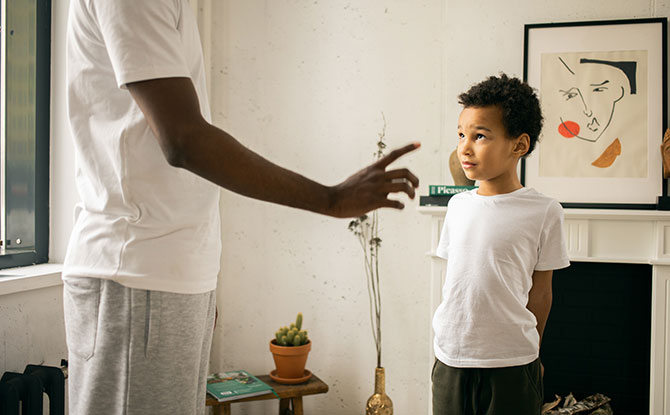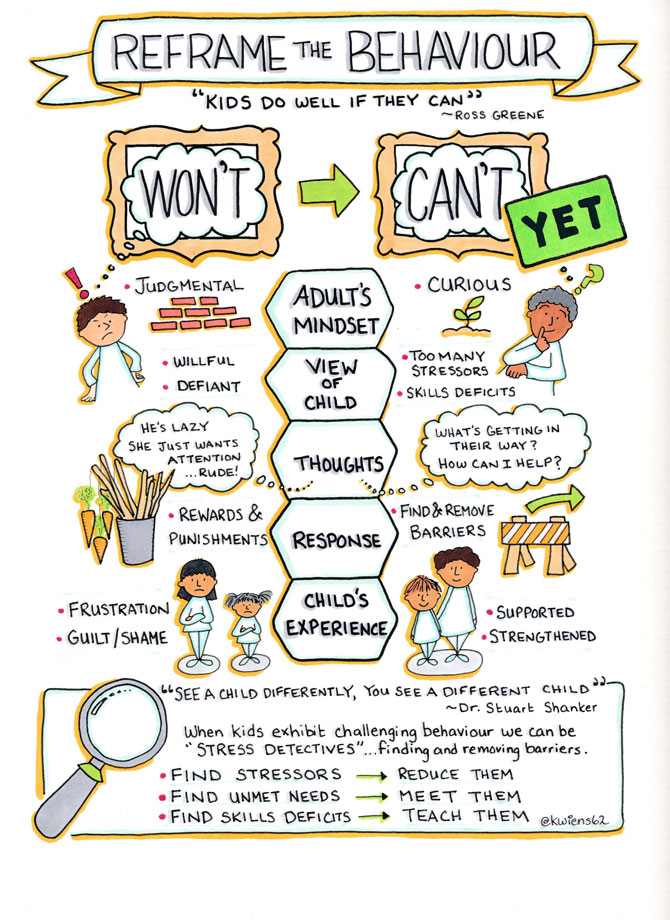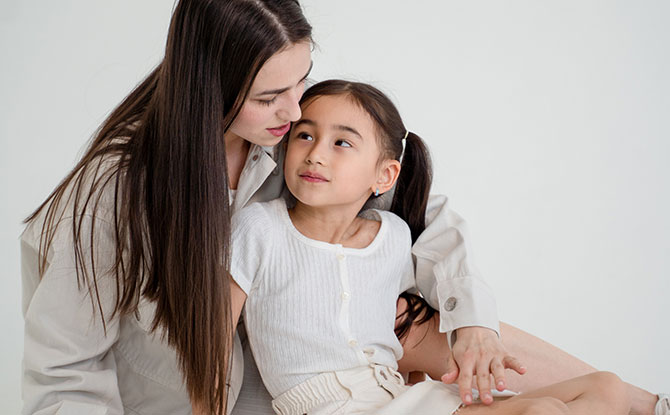
I must admit that I am probably the least qualified parent to dole out advice on keeping calm. Maintaining my composure in front of my children is a challenging feat for me and I am still striving towards being a calmer parent. While I admire parents who maintain a zen-like presence in the midst of child-related catastrophes, I know they must have had much practice aside from their relatively gentle temperaments to help them keep calm.
Practice makes perfect. To fellow short-fused parents like myself, here are some tips that I have found useful.
5 Ways Towards Becoming a Calmer Parent
1. Know your triggers

There are usually a set of triggers that set you off. Identifying what they are and mentally prepare yourself for them. It could be a tantrum, continuous crying, fights, mess or perhaps even insufficient rest.
Remember that while you cannot control your child’s behaviour, you can manage your own. Don’t forget self-care by resting sufficiently, eating well, exercising so you will not be irritable.
DINO-TASTIC EXHIBITION: Meet a 40m Long Dino Face-to-Face
GIVEAWAY FOR ENEWSLETTER SUBSCRIBERS: LEGO NINJAGO SET
REGISTER EARLY AND SAVE UP TO $400: English Classes for N1 to Secondary
Young children are also unable to regulate their emotions and parents will need to teach them these important skills. Your calmness matters not just to model the right behaviour but to communicate the right messages across. A calmer parent means a happier home.
2. Reframe the issue
Instead of seeing the child in a negative light, reframe the behaviour. The child is simply needing YOUR help. Think – how can I help?
Don’t take the problem as a personal affront. Your kneejerk reaction can cause the child to feel guilty, ashamed, frustrated or even have low self-esteem. Support them by reducing stressors (yours and theirs), meet their unmet needs and teach them.

3. Plan for Things to Go Wrong
Expect the worse case scenarios and schedule in time for that. We often forget that accidents, spills, mishaps are part of life. Schedule in some buffer time for the “unexpected” to happen. From last-minute studying, diaper accidents, spilt drinks, broken crockery, A&E visits, know that these will occasionally happen.
You will get less flustered when you know that such incidents take time to resolve. As someone who measures the quality of the day based on productiveness, I find it very frustrating when “life” happens. To minimise the souring of mood and relations, I learnt to anticipate the issues, pre-empt my children and remind them on what they need to do before a certain event or activity.
4. Breathe, walk away and process your emotions
Practise breathing whenever you feel emotions taking over. Process your emotions and know that your feelings will not dictate your actions. Take in deep breaths, walk away into a different room if you have to and address the issue when you are calmer.
Letting your child know that you need time to process the emotions and calm down is also a teaching opportunity. Don’t forget to reassure your child that you will be back.
Here are some examples of what you can say before walking away:
“I need to calm down, so I will come back later to talk to you about this.”
“I cannot speak to you right now because I am feeling very angry. Let me cool down.”
Giving yourself time and space to calm down prevents reactions that are often regrettable. I also find it helpful to write it out rather than say it or yell it. Writing is my way of deliberating on every thought and word that teaches and responds with the right intent.
5. Apologise when you lose it
If you lose it, remember to apologise. Apologising helps us to be mindful about the consequences of our actions and hopefully reminds us to do better next time. Being mere mortals mean we have plenty of shortcomings to work on and may our will to be calmer parents overcome the natural tendencies to flare up.
Unleash Your Inner Calm

The preference of children is of course calm, caring and connected parents. Let’s yell less – since it does not always work anyway. A calmer tone and posture will help your child listen to you more closely. So keep calm and carry on, unleash your inner calm and the mood in your home will be a pleasant one your family will cherish.





















